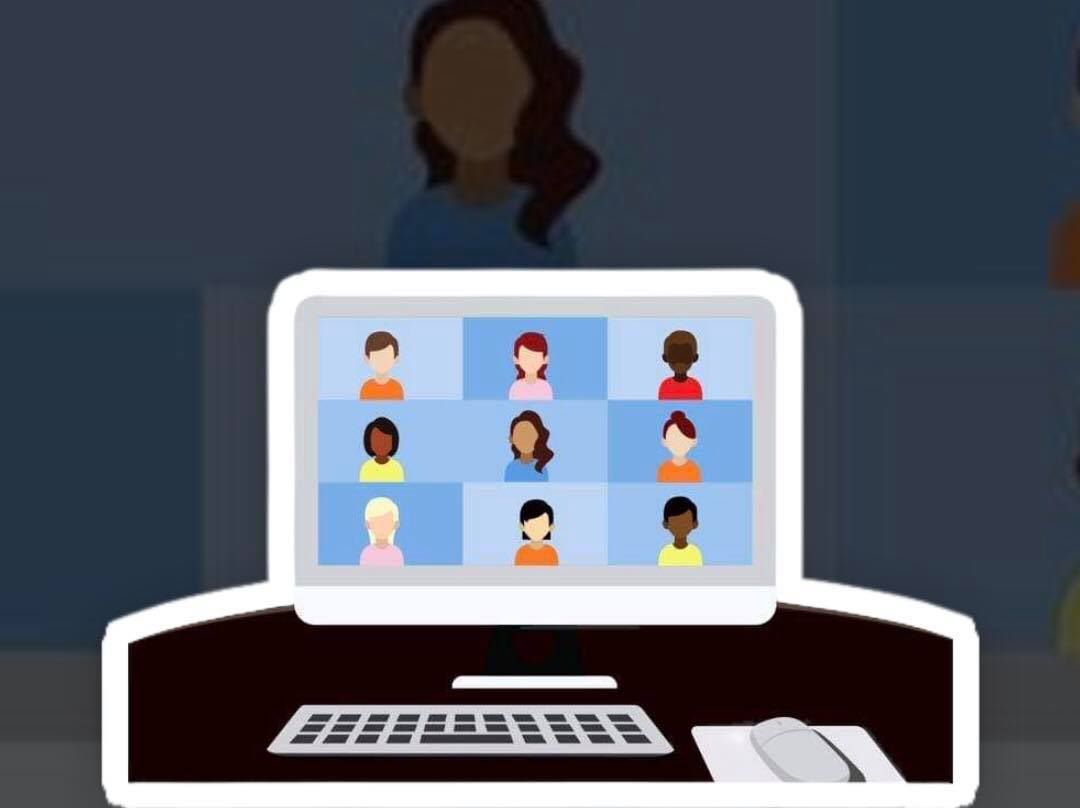This year demonstrated several problems. Often there is a lack of student participation in class due to different reasons. Of course, this undermines the seriousness and ethics of the university.

Andi Koxhaj
In the spring of 2020, when we started an immediate lockdown, complete attention was shifted to online platforms, as the only solution for the education system of all levels.
As every beginning, the application of online platforms for educational purposes had many obstacles. There was a lack of infrastructure (computers, laptops, tablets and mobile phones). Certain areas had no internet. There was a lack of experience for such activities. There was a lack of trainings and qualifications for the proper use of these platforms, as well as financial difficulties to ensure some of the mentioned needs, etc.
In certain cases even qualified experts in their respective fields, at the very first moments of the pandemic, faced difficulties due to the lack of computer skills training.
Some trainings contributed to overcoming the faced obstacles in the beginning of the pandemic. A big part of lectures and seminars took place through these online platforms. During springtime, authorities considered that the measures should be relaxed, and that enabled the auditoriums to be open for classes. Also, in the period July – October 2020, with security measures, all of the exams were conducted in auditoriums. This situation did not create opportunities for exams to be held online.
It was decided that the beginning of the new academic year at universities will take place online. Universities selected several platforms, depending on their professional profiles and interests. This academic year started very differently from how the situation was treated at moment 0 when the pandemic started. This is why trainings for all users of the platform and for this type of communication is necessary.
Despite the improvements, this year also demonstrated several problems. Often there is a lack of student participation in class due to different reasons. One group of students was obliged to abandon online participation due to their business activities. Some of them were able to participate partially and then leave their online classes, depending on the created circumstances of organizations they work for. Of course, this undermines the seriousness and ethics of the university. In other cases, issues with the internet would withdraw students from communication during the classes. Sometimes these internet and electricity issues happened to the university staff as well, and this can seriously harm the quality and productivity of online classes.
Considering that the pandemic also affects students emotionally (and not forgetting the economic dimension of their families as well), careful communication with every student, motivation, detailed explanations for every situation and issue while finding a way and space to transmit positive energy to them – should be the priority of the academic staff.
Not that there were no problems but still, everyone had to accept that during the pandemic, internet teaching was the only solution and the best possible opportunity for communication in the education system.
Andrea Koxhaj is a professor at the Faculty of Economy at University of Tirana since 1987. He is an author of many scientific works and of tens of scientific articles about the economic issues of the country.



Leave A Comment